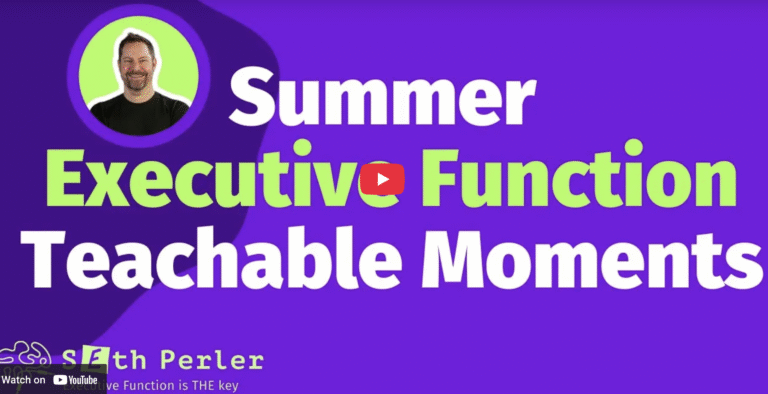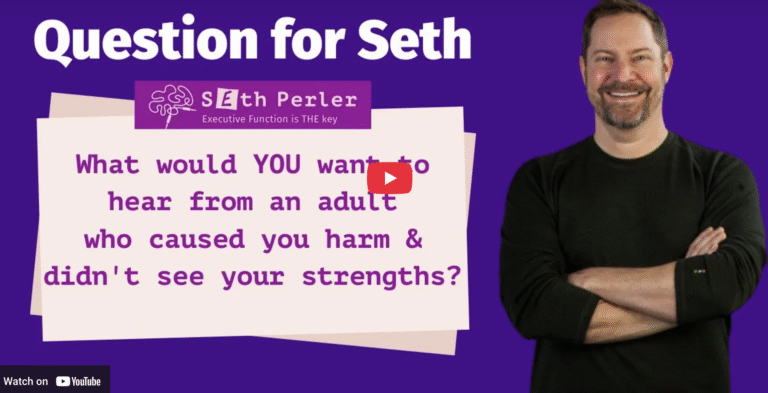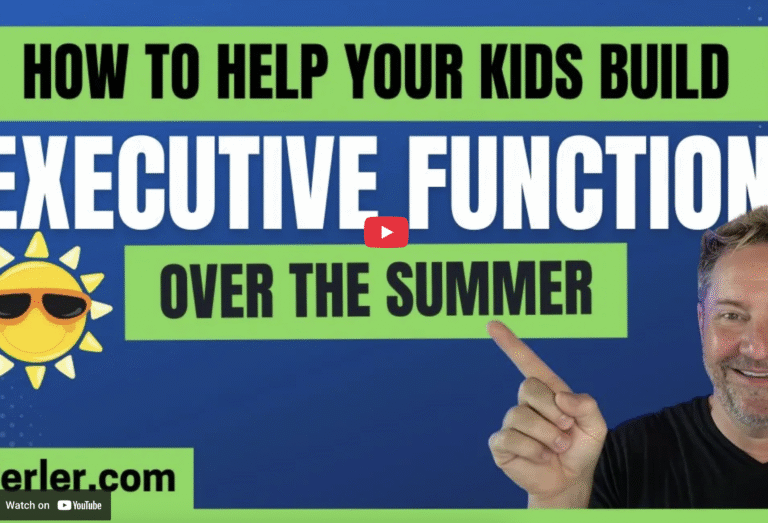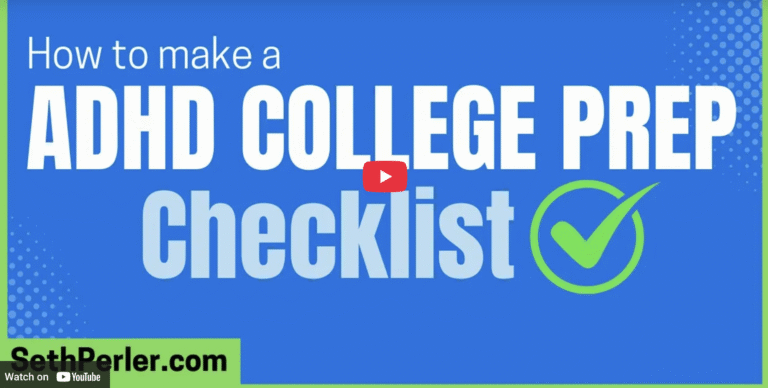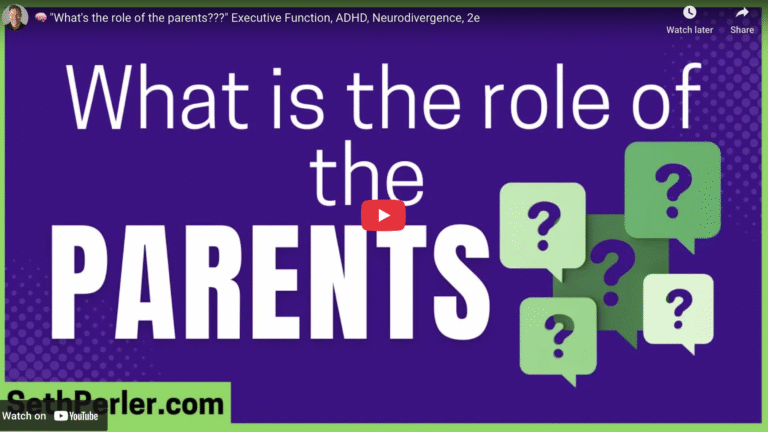Dear teachers, an open convo with Debbie Reber and Seth
Please CLICK above to share. SHARE THIS WITH TEACHERS WHO MIGHT BENEFIT! Here’s a new vlog with Debbie Reber of the TILT Parenting Podcast. This is not my typical vlog. Parents, this one is for teachers, BUT you will get a lot out of it. This was based on a



